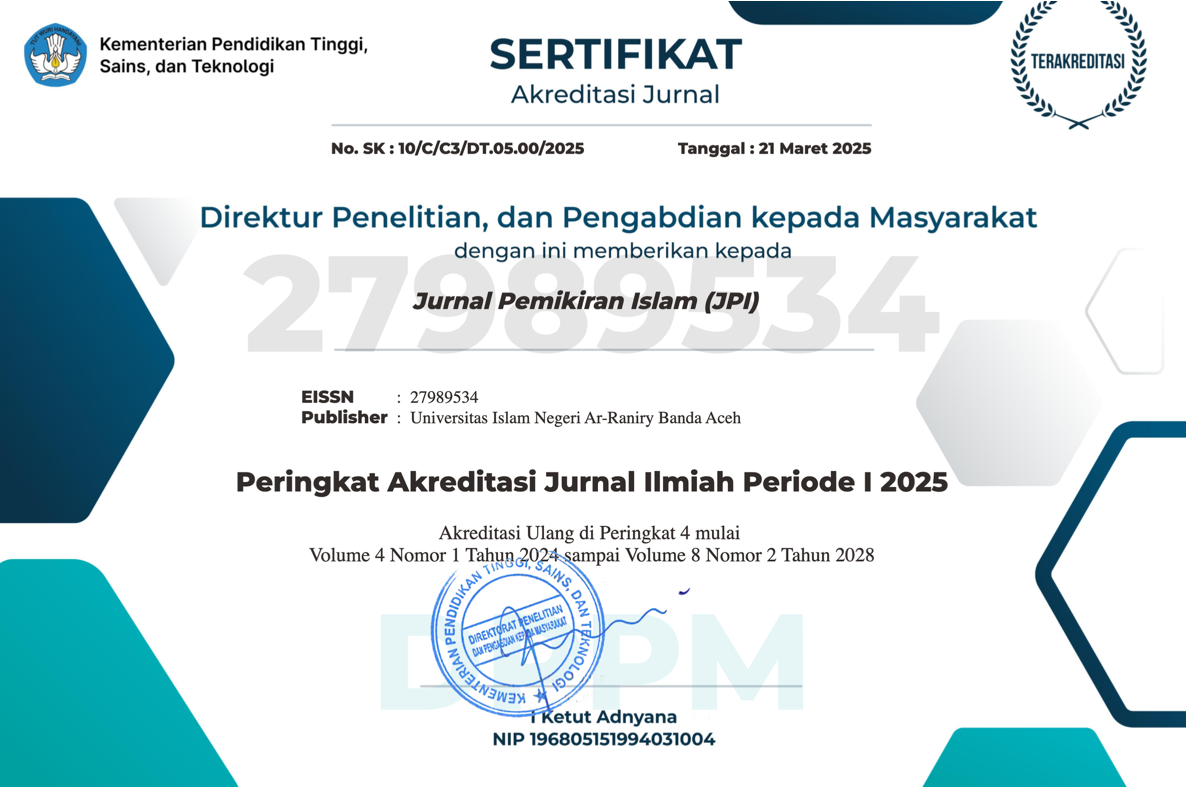Peer Review Process
Initial screening (desk review). Every submission is screened by the Editor for scope fit, basic structure, compliance with author guidelines, and plagiarism. Manuscripts that fail this stage or fall outside the journal’s scope may be declined without external review. The journal uses a double-blind workflow and requires authors to remove identifying information to ensure anonymity.
Double-blind external review. Submissions passing the desk review are sent to at least two independent reviewers with relevant expertise. Identities of authors and reviewers are concealed throughout the process to promote impartial evaluation and avoid bias. Reviews focus on originality, conceptual contribution, methodological soundness, clarity, ethical compliance, and significance for the field.
Editorial decision. The Editor bases decisions on reviewers’ reports and editorial judgment, and may consult the Editorial Board when necessary. Decision categories include: accept; minor revision; major revision; resubmit for review; or reject. Detailed feedback is provided to help authors respond substantively to comments. The Editor-in-Chief holds the final responsibility for publication decisions.
Revisions and verification. Revised manuscripts must be accompanied by a point-by-point response to reviewers. Editors may return insufficient revisions for further work or decline the manuscript if essential issues remain unresolved. Where appropriate, revised versions may be re-reviewed before a final decision.
Confidentiality and ethics. All manuscripts and reviews are treated as confidential. Reviewers must declare any competing interests and decline assignments where conflicts exist. Suspected ethical issues are handled in accordance with COPE guidance.
Quality control and integrity. To safeguard research integrity, the journal screens for plagiarism and overlapping publications and may request underlying data or ethics approvals where human or sensitive data are involved. Manuscripts that exhibit serious ethical or technical problems can be returned or rejected at any stage.














